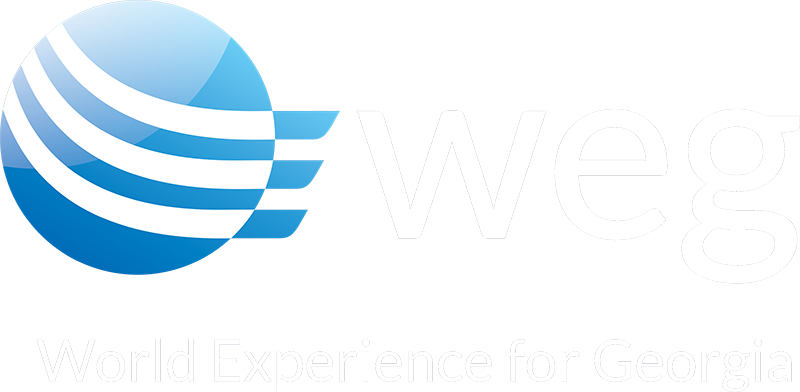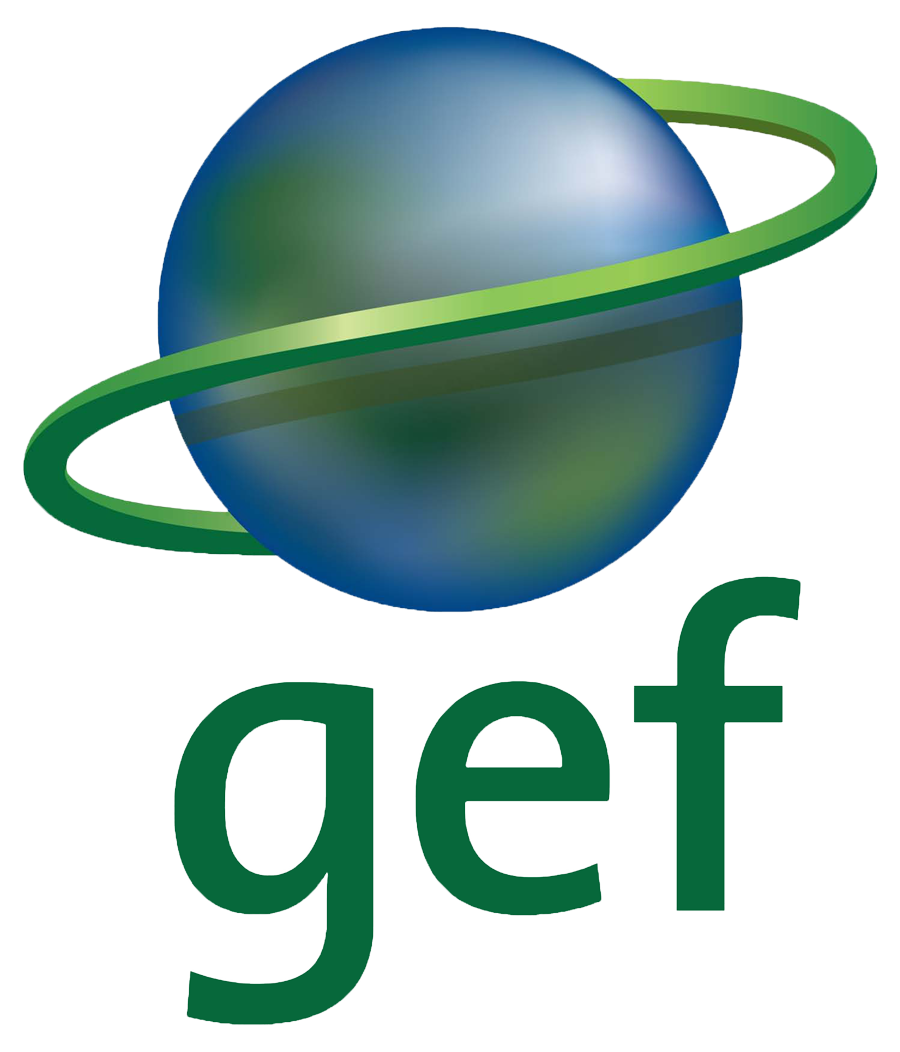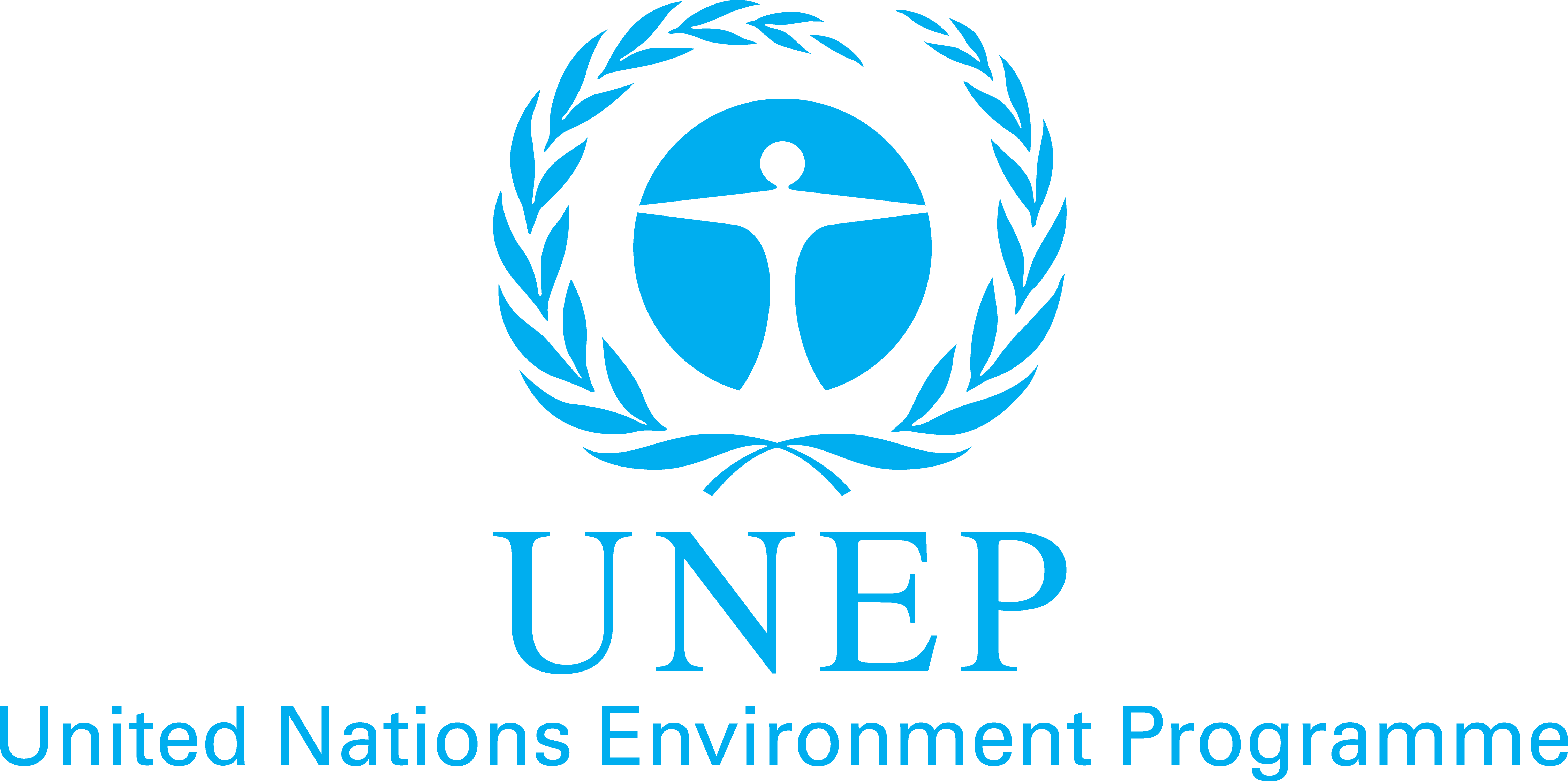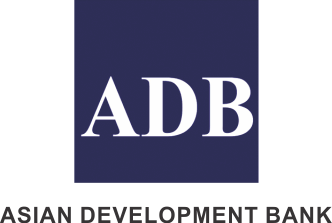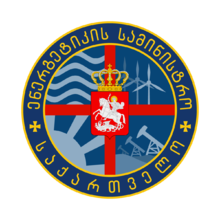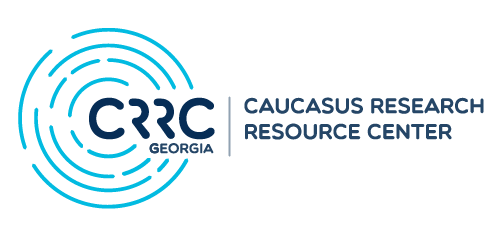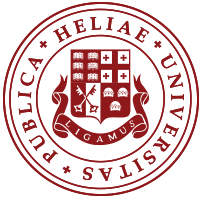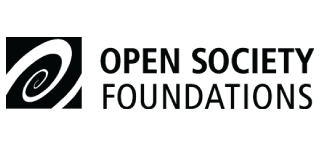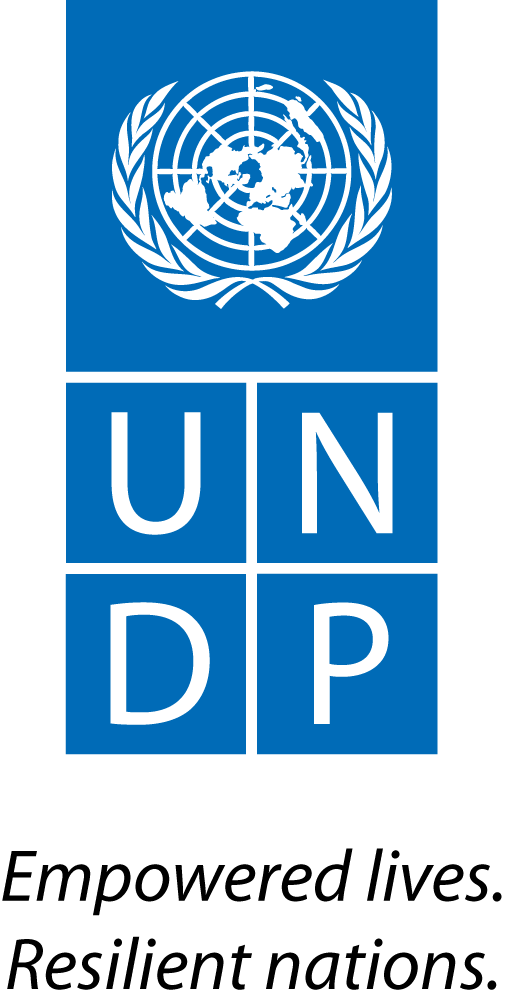Energy Poverty- Guidance for Public Discourse and State Policy in the time of Reform
Energy Poverty is one of the important aspects of social life in Georgia. Many households do not heat their homes completely and many are having difficulty in paying their energy bills due to growing electricity and natural gas tariffs. Addressing the energy poverty requires a proper definition of the problem based on objective indicators and a policy framework for its reduction that will be adequate to existing social and economic conditions and acceptable to government and population. It also requires consensus of stakeholders on the current state of Energy Poverty and on possible measures on addressing the issue.
The main goal of the project is to provide the factual basis, logical framework and recommendations for state policy and public discourse on energy poverty issues.
Objectives:
- Review the current state of energy poverty in Georgia based on available information and studies, currently used indicators, policies and assess their estimated effect on vulnerable consumers;
- Review the EU energy legislation and international best practices in relation to energy poverty;
- Develop the framework for quantitative assessment and addressing the EP through state policies relevant to the situation in Georgia and expected energy reforms;
- Conduct public outreach on energy poverty issues and potential remedies;
- Formulate the policy paper and conduct advocacy campaign on addressing energy poverty in Georgia during the energy reforms.
Project timeline: 15/02/2018 – 25/12/2018
